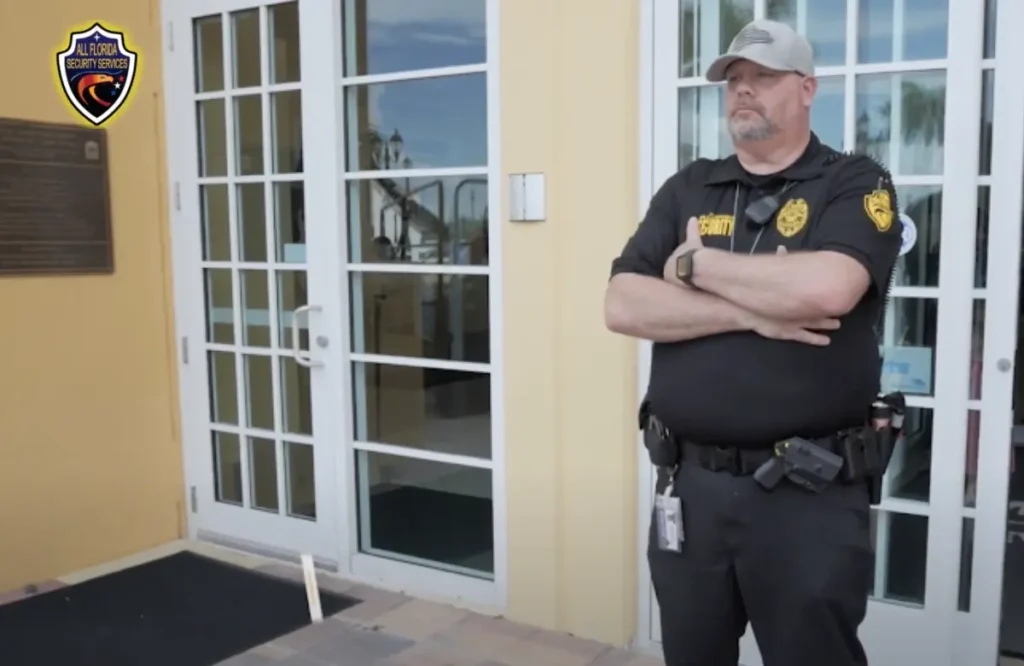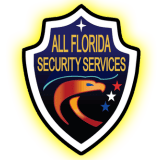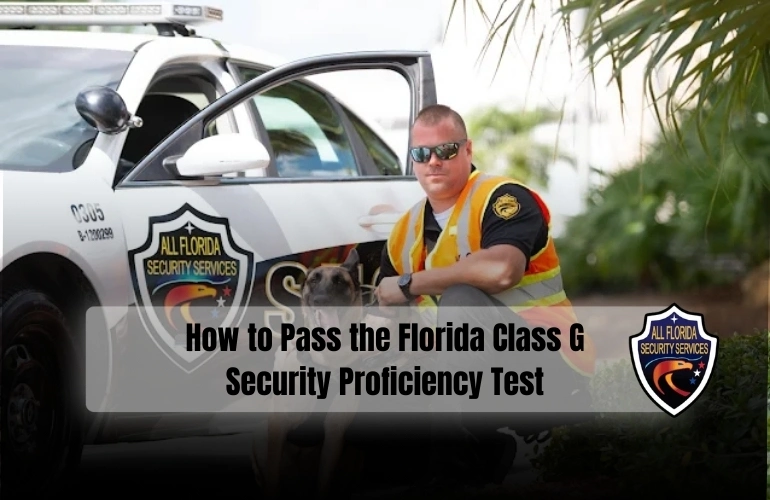Security K9 (K-9) units consist of dogs and their handlers who are specially trained to secure people and property. These dogs are sensitive, especially when it comes to smelling things, which is why they can detect intruders, explosives, drugs, etc., better than humans alone do. Law enforcement and private security use K9 units to patrol and to seek threats, control crowds and help in investigations. They are a great deterrent and deter crime besides enhancing security. This blog describes the numerous and valuable functions that K9 units fulfill in contemporary security.
What Are K9 Security Units?
K9 security teams consist of specially trained dogs and their handlers that are combined to offer protection and security. These are also referred to as dog units. The dogs are conditioned to handle certain activities like patrols, screening of drugs or explosives, tracking the suspects and assisting in crowd control. They have a great sense of detection, in particular, their sense of smell and hearing, which is very effective in detecting threats that people could overlook. Police forces, private security companies and other organizations depend on K9 units to ensure that people and property are safe. The dogs are trained to work with the handlers to control them and guide them in different security conditions. K9 units are a significant component of contemporary security policies as they provide a deterrent to committing crimes and direct protection.
Roles and Responsibilities of K9 Units in Detail
K9 units are teams of highly trained dogs whose handlers closely respond to these dogs to perform different security and law enforcement tasks. Their work is very broad and flexible and encompasses a wide scope of security in order to maintain safety and order.
Patrol and Security
K9 units perform frequent patrols of specific places like airports, business premises and public places. The dogs are used as a powerful presence to keep away potential criminals and intruders, thus reducing the chances of illegal activities. They are also able to rapidly report on any suspicious activity or threats to their handlers during patrol and thus rapidly respond.
Detection and Search
Detection is one of the most significant tasks of K9 units. Dogs are trained to detect and give warnings to their owners in case they find illegal substances such as drugs and explosives. They are also applied to find missing persons both in the city and in the wild. This ability to detect is crucial in deterrence of an attack, interception of contraband, and locating people in distress.
Suspect Apprehension
K9 units are important in the arrest of suspects, particularly when such suspects are evading arrest or the presence of danger to officers and other citizens. The dogs are conditioned to follow suspects in different terrains and can get them down when it is required, which can usually save the lives of the officers and suspects.
crowd control and public safety.
K9 units are used to control crowds during big events or other gatherings. They can be found to control large groups and defuse tensions. The dogs may be employed to clear places or to contain crowds to carry out law enforcement activities.

Supporting Law Enforcement
K9 units are involved in the operations and investigations together with police officers and other security agencies. They assist in the implementation of search warrants, the pursuit of suspected offenders and the discovery of hidden weapons or contraband. These are their trained skills, which can be invaluable when it comes to raiding and apprehending criminals.
Welfare and Maintenance
Handlers have the day-to-day care, training, and welfare of their K9 partners. This will involve feeding the dogs well, taking care of them at the veterinary, and continuous training to keep them efficient in their work.
Training and Selection of K9 Dogs
Training and selection of K9 dogs is thorough and well planned to make them fit their tough jobs in the security and law enforcement services. The initial important step involves picking the appropriate dog.
| Training Stage | Key Focus | Description |
| Selection | Breed & Temperament | Choose smart, healthy dogs with good behavior |
| Basic Obedience | Command Response | Teach basic commands like sit, stay, come |
| Relationship Building | Handler-Dog Bond | Build trust and motivate with rewards |
| Specialized Training | Role-Specific Skills | Train for detection, tracking, suspect control, crowd management |
| Methodology | Positive Reinforcement | Use rewards, avoid punishment |
| Scenario Training | Realistic Practice | Practice skills in different situations |
| Ongoing Training & Care | Maintenance | Regular practice, health care, fitness |
Conclusion
K9 security teams are strong partners in the protection of human and material well-being. Their sharp senses and specialized training allow them to detect threats and react promptly to security challenges, which makes them an essential component of contemporary security strategies. When protection and proactive security are a concern, professional K9 security service in Florida can offer solid and dependable safety solutions. For trusted and experienced K9 security services that are unique and designed to suit your needs, get in touch with Security in Florida today and see the difference that our professional handlers and well-trained K9 crews can offer.






